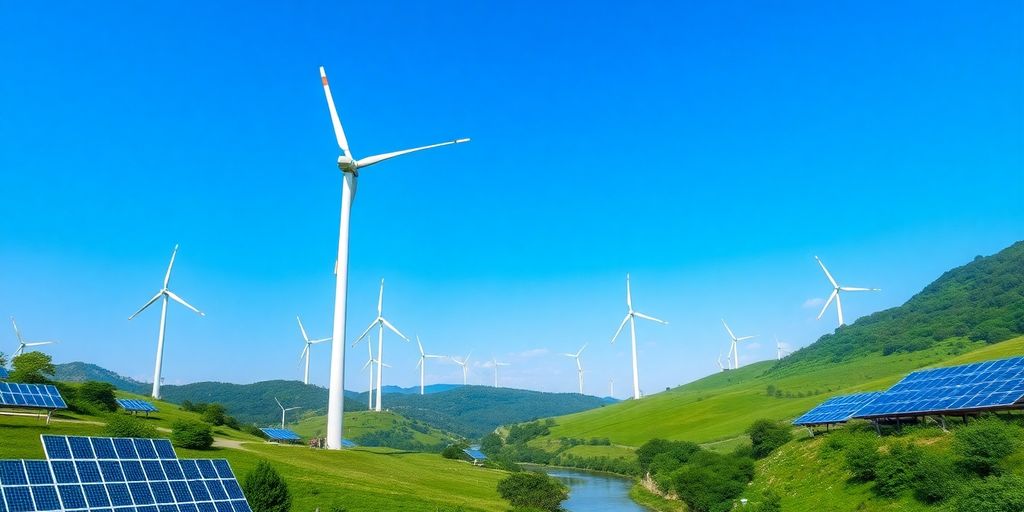In a significant step towards sustainable energy, the World Bank has approved a €79.9 million loan and a €2.89 million grant to support Bosnia and Herzegovina’s transition from coal to renewable energy. This initiative aims to enhance energy independence, create jobs, and revitalize local economies in coal-dependent regions.
Key Takeaways
- Loan and Grant: €79.9 million loan and €2.89 million grant approved.
- Project Focus: Transitioning from coal to renewable energy in Banovići, Zenica, and Kreka.
- Job Creation: New job opportunities and skills development for affected workers.
- Environmental Goals: Supports Bosnia’s National Energy and Climate Plan aimed at reducing greenhouse gas emissions.
Overview of the Project
The project, titled "Just Transition in Select Coal Regions of Bosnia and Herzegovina," is designed to facilitate the closure of coal mines and repurpose post-mining lands. It specifically targets the regions of Banovići, Zenica, and Kreka, which have historically relied on coal mining.
The initiative will:
- Close Underground Works: Safely close underground mining operations in Zenica.
- Install Renewable Energy Systems: Implement renewable energy solutions at the Banovići and Kreka mines.
- Support Local Economies: Revitalize local economies by creating new job opportunities in renewable energy sectors.
Social Protection and Skills Development
A crucial aspect of the project is its commitment to social protection and skills development for workers transitioning away from coal. This includes:
- Training Programs: Comprehensive training programs to equip workers with skills relevant to the renewable energy sector.
- Social Safety Nets: Measures to ensure that communities affected by the transition are supported during this change.
Bosnia’s Energy Landscape
Currently, Bosnia and Herzegovina generates approximately 60% of its electricity from coal-fired power plants, with the remainder primarily from hydroelectric sources. The country has set ambitious targets to increase the share of renewable energy in its power production to 43.6% by 2030. However, the transition has been slow, necessitating support from international partners like the World Bank.
Future Implications
This project not only aims to enhance Bosnia’s energy security but also addresses the pressing need for environmental sustainability. By investing in renewable energy, Bosnia can reduce its carbon footprint and contribute to global efforts against climate change.
Christopher Sheldon, the World Bank Country Manager for Bosnia and Herzegovina and Montenegro, emphasized the importance of this initiative, stating, "This new project is an opportunity to boost Bosnia and Herzegovina’s energy security while supporting communities, making sure no one is left behind."
As Bosnia embarks on this transformative journey, the collaboration with the World Bank marks a pivotal moment in the country’s energy transition, promising a greener and more sustainable future for its citizens.
Sources
- Bosnia and Herzegovina Embarks on Just Energy Transition with World Bank Support, FASI.eu.
- Bosnia & Herzegovina Boosts Energy, Jobs with WB Help, Mirage News.
- World Bank approves 80 mln euro loan to Bosnia for energy transition | Bosnia and Herzegovina Investments
News, SeeNews. - World Bank to support Bosnia’s energy transition with $90.7 million loan, Reuters.






